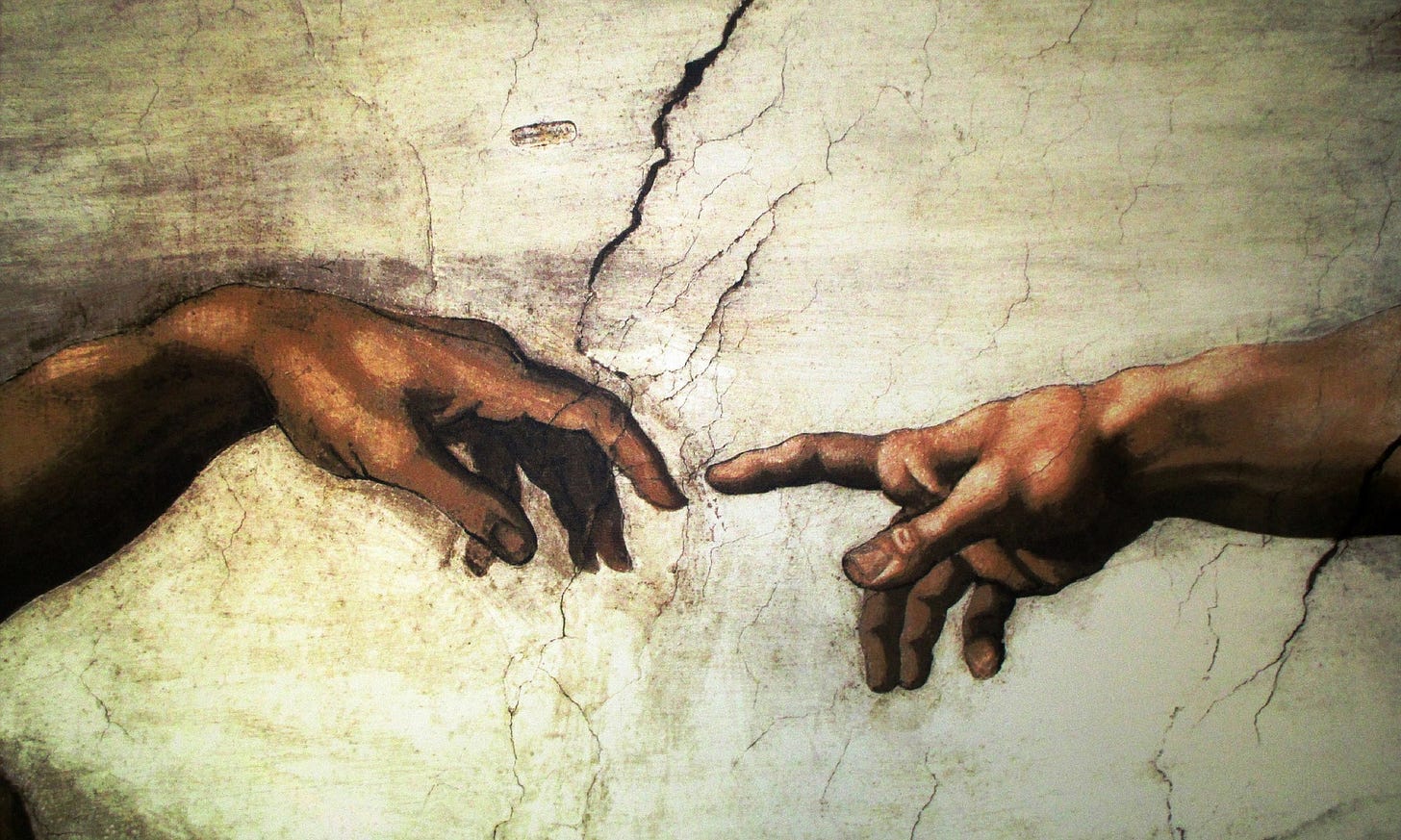The Image of God and Human Rights IV: Erik Wielenberg’s Ten Brute Facts (At Least!) to Ground a Secularized Human Dignity
By Paul Copan
In our series on the image of God and human rights (part 1, part 2, part 3), we’ve focused on the unique contribution that the biblical worldview furnishes in accounting for human dignity. That is, by “the image of God,” we have an anchor for human dignity rooted in the existence of a supremely valuable Being. Other worldviews such as impersonal Eastern pantheism or monism or atheistic naturalism or, as we’ve seen with Erik Wielenberg, a non-naturalistic (Platonic) moral realism, fail at this crucial fact of reality.
Last time, we saw that Wieleberg incorrectly assumes that he can give a secular account of human dignity that renders biblical theism’s version of the image of God unnecessary. We argued, though, that Wielenberg not only must move from valueless naturalistic processes to valuable human beings that somehow connect to pre-existing non-natural moral facts; he also (a) misconstrues the doctrine of the image of God as a hodge-podge of conflicting perspectives and (b) wrongly assumes that lack of complete theological resolution to the precise nature of the divine image means that a secularized perspective is better positioned to account for human dignity.
Here I want to challenge Wieleberg’s claim that if God is a brute fact theists just take for granted, then why can’t the existence of moral facts that are not rooted in God be just as valid a starting point for an atheistic moral realism? Wielenberg thinks he’s just exchanging one brute fact for another.
However, Wielenberg is assuming a lot more than just one brute fact; he assumes a host of them. As we’ll see, biblical theism offers a more integrated and organically connected account of human dignity.
Theism and Wielenberg’s Host of Brute Facts
In Lewis Carroll’s Through the Looking Glass, Alice converses with the Queen of Hearts:
Alice laughed. “There's no use trying,” she said: “one can't believe impossible things.”
“I daresay you haven’t had much practice,” said the Queen. “When I was your age, I always did it for half-an-hour a day. Why, sometimes I've believed as many as six impossible things before breakfast.”
I would argue that Wieleberg is assuming at least ten impossible things—a host of brute facts—to get us to human dignity. By contrast, as Alvin Plantinga notes, these facts are “not at all surprising or improbable on theism” since “God presumably would want there to be life, and indeed intelligent life with which (whom) to communicate and share love; given atheism it is [surprising]; therefore theism is to be preferred to atheism.”[1]
Although I go into more detail in my published response to Wielenberg in The Inherence of Human Dignity, volume 1 (Anthem Press, 2020), I’ll just lay out the basic points below.
Brute Fact 1: Persons emerged from an impersonal universe. But how could personhood emerge from an impersonal universe? The emergence of personhood from a personal source is far less-surprising. Divine personhood that produces human personhood is a more natural connection.
Brute Fact 2: A universe, which began a finite time ago, is necessary for valuable human beings. The universe, however, has not always existed. Matter, energy, space, and time began to exist a finite time ago, as is supported by the second law of thermodynamics, the universe’s expansion, and its cosmic microwave background radiation. The universe is winding down, which indicates that it was wound up. This suggests the existence of something independent of the universe as its cause.
Brute Fact 3: The life-permitting conditions of the universe’s delicately-balanced fine-tuning are necessary for valuable human beings. Just because a universe exists, this is no guarantee that it will have life-permitting conditions. This is another “brute fact” that Wielenberg’s worldview takes for granted. Biologist E. O. Wilson refers to the staggering “tortuous” improbability of life’s existence; philosopher Daniel Dennett observes about the universe’s delicate balance of conditions necessary for life: “So isn’t it a wonderful fact that the laws are just right for us to exist? Indeed, one might want to add, we almost didn’t make it!”[2] But if theism is the case, then the life-permitting conditions that would allow for the emergence of Homo sapiens aren’t surprising.
Keep reading with a 7-day free trial
Subscribe to The Worldview Bulletin Newsletter to keep reading this post and get 7 days of free access to the full post archives.



